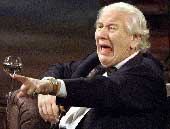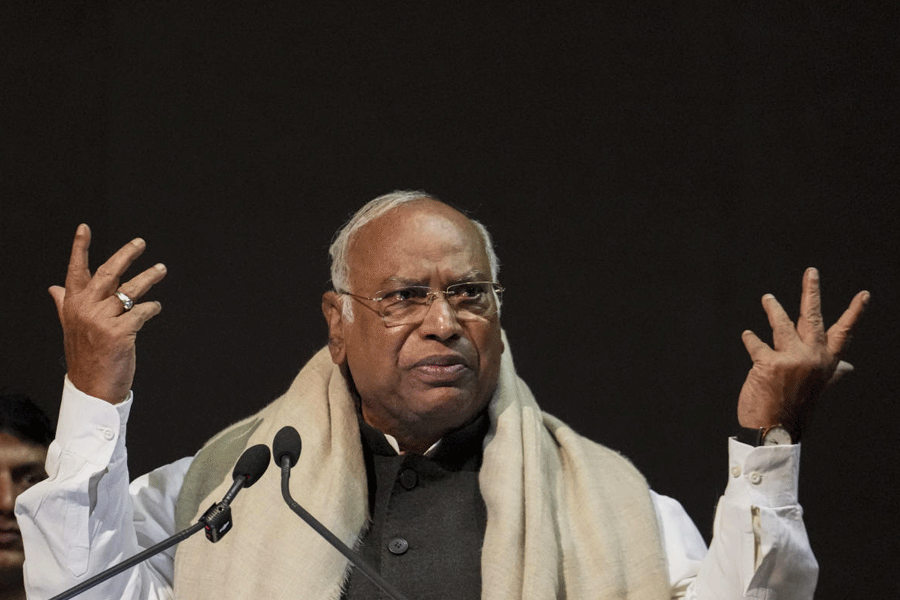 |
| Peter Ustinov |
Geneva, March 29 (Reuters): Oscar-winning British actor and playwright Peter Ustinov, one of the world’s best loved raconteurs and mimics, has died at the age of 82.
Author of more than a dozen books and even more theatrical works in a career spanning more than 60 years, Ustinov died of heart failure in a clinic near his home on the shores of Lake Geneva last night, his family said.
The actor and humourist, who was also well known for charity work, had been in hospital since shortly after Christmas when he was taken ill on his return from a holiday in Thailand. “It was not a surprise, he was pretty ill. He had had a busy life and he was tired,” his son Igor Ustinov said in a telephone interview. “But he certainly was not ready to go,” he added.
German Chancellor Gerhard Schroeder was amongst those to pay tribute to his brilliance and compassion. “(He) was a role model for us all, not only as a great actor and artist... but above all as a man with a great heart, spirit and humour,” he said in a letter to Ustinov's widow, Helene. Ustinov, who spoke more than half-a-dozen languages, won Oscars for his roles in the films Spartacus and Topkapi.
The multi-talented entertainer, who was knighted by Britain’s Queen Elizabeth but did not like to be known as “Sir Peter”, finished his last film as an actor, about the life of 16th century Reformation leader Martin Luther, late last year.
Although confined to a wheelchair by diabetes and a weak heart, he continued to appear in public until his final illness, delighting television audiences across Europe with his witty stories and raising money for charities, particularly the Unicef for which he was an ambassador.
Just 18 months ago, Ustinov said he was happy to work until he dropped “as long as I can be guaranteed that I won’t know in advance when it’s going to happen”.
He led a richly varied life as playwright, novelist, film director, academic and as an active campaigner against war.
He was Chancellor of the University of Durham and shortly before his death, the University of Vienna inaugurated the Ustinov Institute, dedicated to studying prejudice and its impact on people, politics and conflict resolution.
“This was something that inspired him a lot. He wanted his ideas for the future to become a reality,” Igor said.
Born in London of Russian parentage, Ustinov was a London revue star as a teenager and wrote his first play at 19. He made his first feature film at 25.










